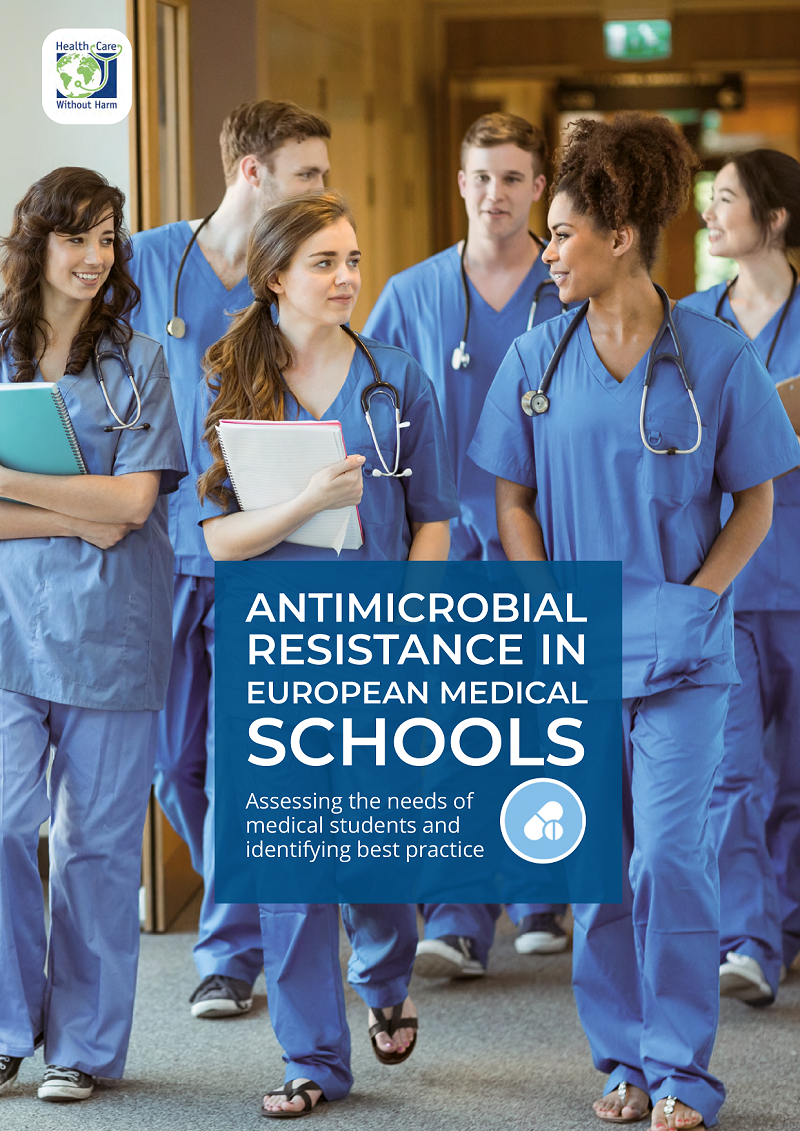Antimicrobial resistance (AMR) is a major threat to global health – without effective antimicrobials, common infections that we can currently treat effectively will once again become fatal. The misuse and overuse of antimicrobials is dangerously accelerating the development of AMR – there is a strong correlation between antibiotic use and resistance, it is therefore crucial to address inappropriate use.
As the future of the medical profession – medical students’ education should be a key component of any comprehensive strategy to tackle AMR. We need to develop medical curricula that comprehensively address the core principles of antimicrobial stewardship.
Released today on European Antibiotic Awareness Day 2020, our latest Safer Pharma publication, Antimicrobial resistance in European medical schools, contributes to enhancing education on antimicrobial resistance in medical schools in Europe. By increasing AMR awareness amongst future medical doctors, we can help curb inappropriate antimicrobial prescriptions, and reduce antimicrobial residues in the environment and exposures to AMR.
In this report, we have assessed medical students’ educational needs in relation to AMR – based on a survey completed by fourth-year to sixth-year students in medical schools across Europe.
Drawing from the outcomes of our survey analysis and the best practice examples featured in this report, HCWH Europe proposes five recommendations for medical schools to update their curricula and ensure their students develop the necessary tools and skills to tackle this 21st century global health challenge.
